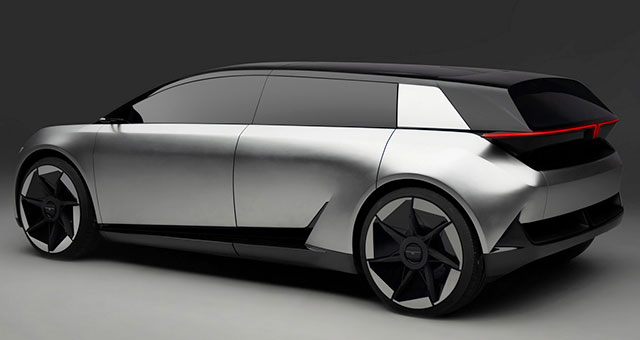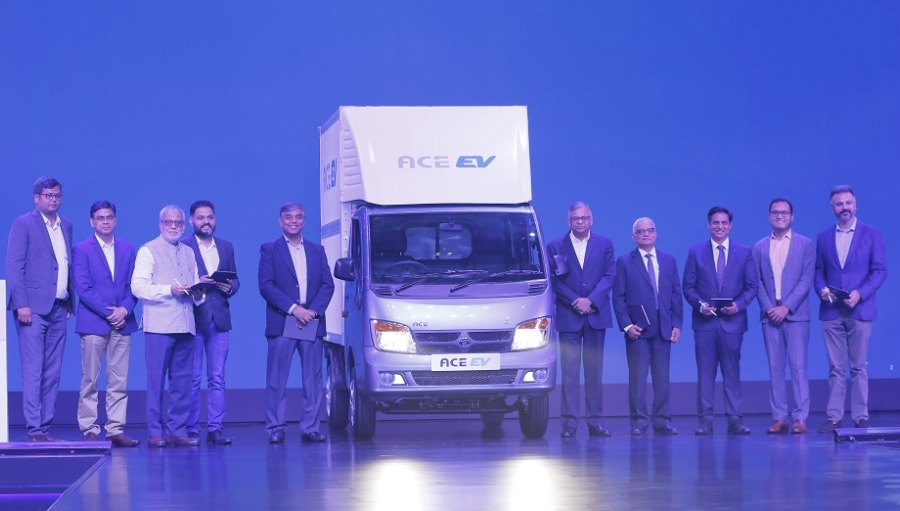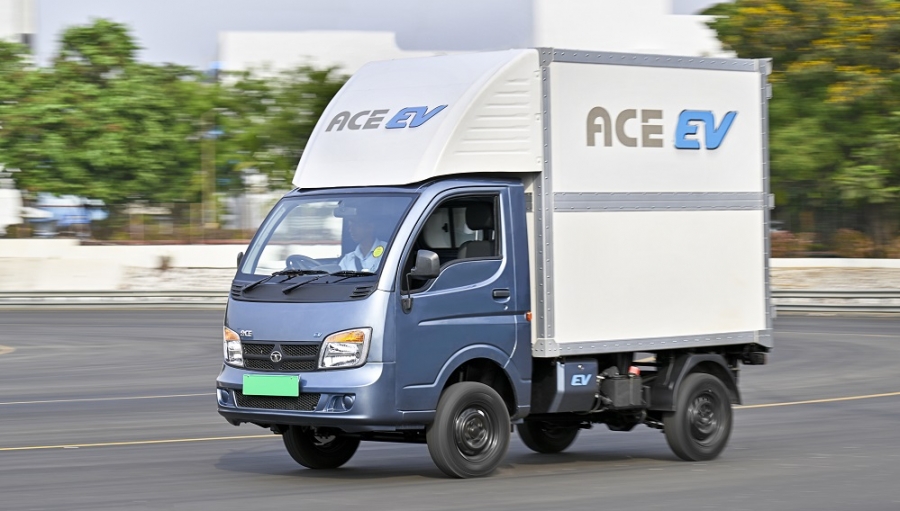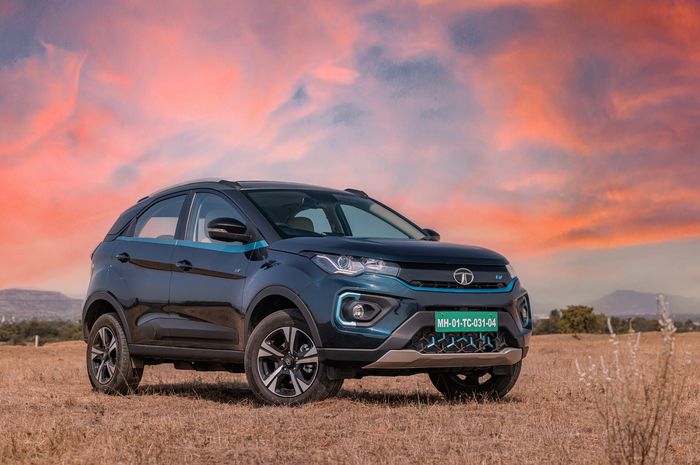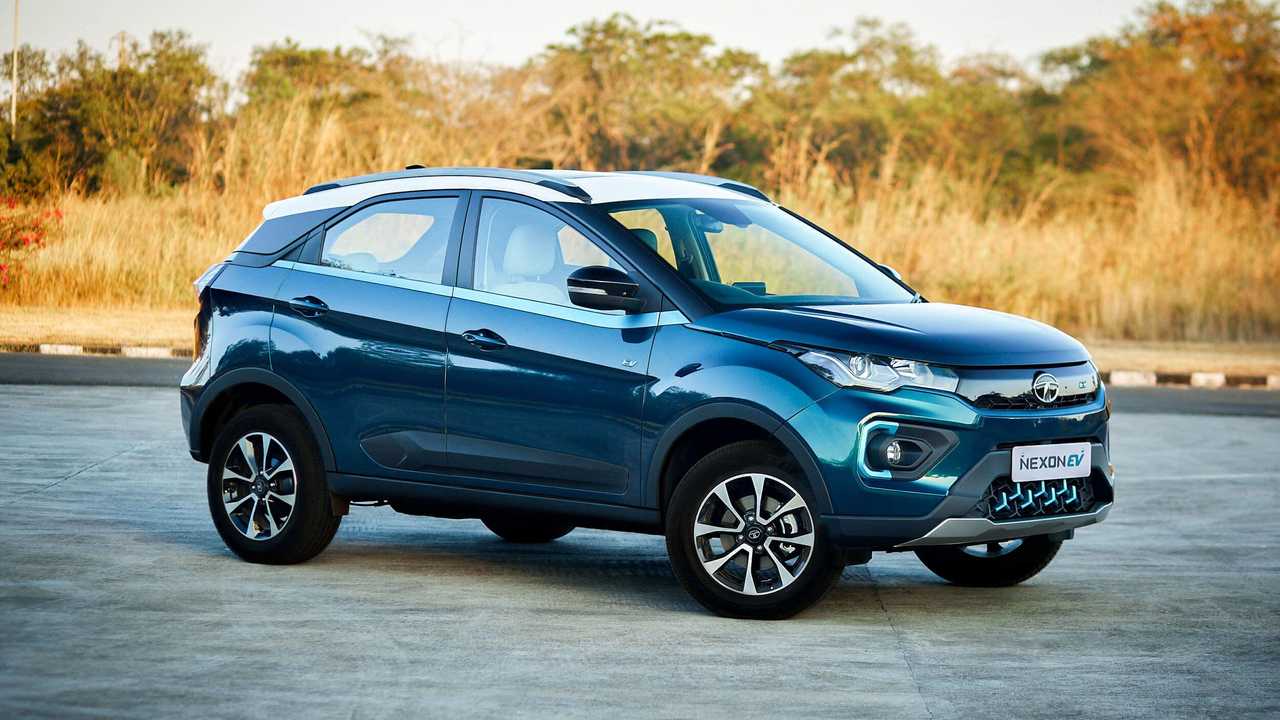The Tata Group wants to venture into the world of semiconductor and EV battery manufacturing. The Indian conglomerate’s plans come as his country’s prime minister, Narendra Modi, wants to make India a leader in semiconductor production in a bid to reduce its dependence on imports from other countries.
Speaking with Bloomberg, N. Chandrasekaran, chairman of Tata Group’s main holding company, Tata Sons Pvt, announced the company’s plans. Managing Director of Tata Motors Passenger Vehicles, Shailesh Chandra added, that the recent coronavirus-related lockdown in China has worsened the supply of semiconductors.
Chandra admits that Tata Motors is looking for alternatives to the chips and is buying them from the open market in a bid to boost production. Despite these efforts, Tata expects the shortfall to continue for at least the next six months and believes the fourth quarter could be more than a year earlier.
See also: Tata commands 90% of India’s Electric Vehicles Sales with Nexon EV
Tata also said that the chip shortage was more “acute” in electric vehicles than ICE models, noting that customers would have to wait six months for some of its EVs compared to four months for some of its ICE models.
The Indian automaker announced plans to produce its first ground-up EV in 2025 just a few days ago. The vehicle has been previewed with its striking Avi concept borrowing design elements from premium SUVs, minivans and hatchbacks, combining them into a low-key minivan-like silhouette.
See also: Tata Motors Unveils Avinya EV Concept, range up to 310 miles
This is a radical looking thing and it’s not yet known how similar the production model will be, Tata has confirmed it will use the new Gen 3 platform and it should have a range of at least 311 miles (500 km).

